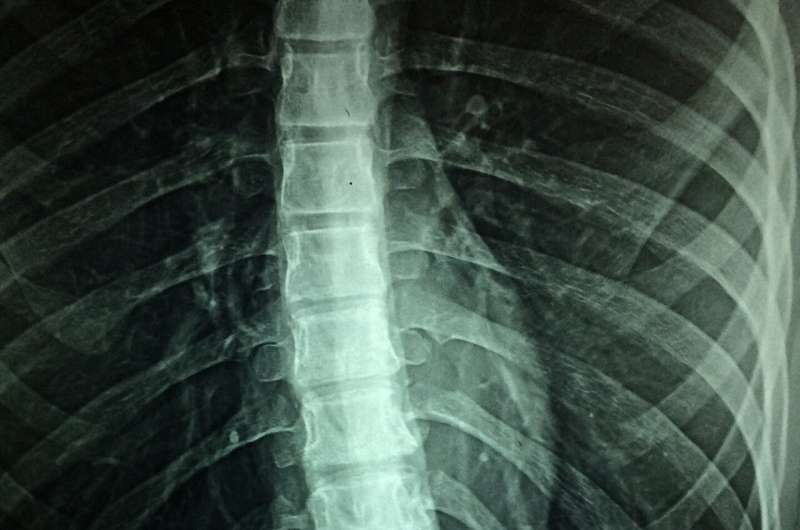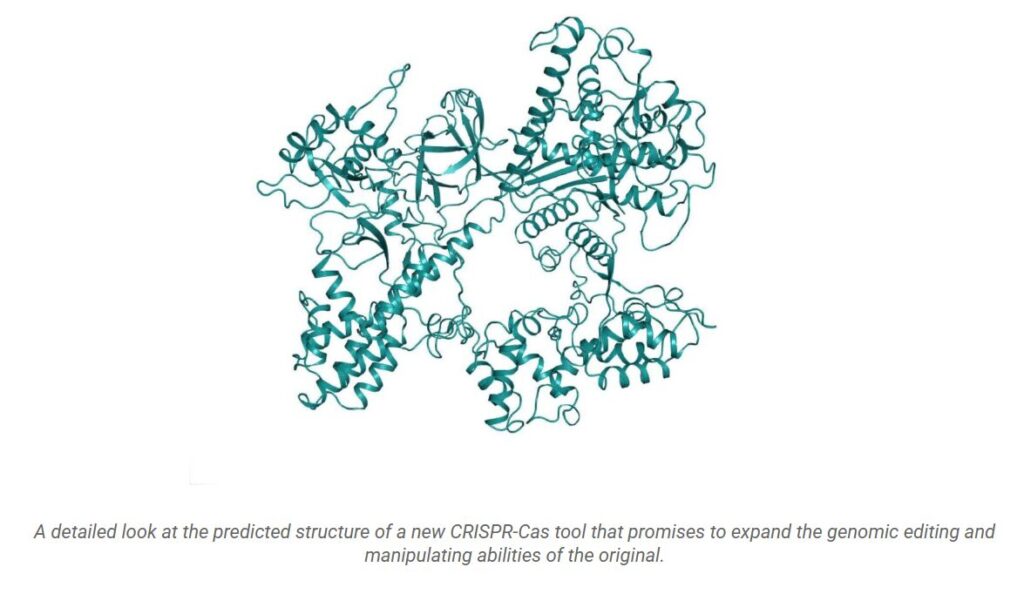
A stem cell treatment helped improve the motor function of two out of four patients with a spinal cord injury in the first clinical study of its kind, Japanese scientists said.
There is currently no effective treatment for paralysis caused by serious spinal cord injuries, which affect more than 150,000 patients in Japan alone, with 5,000 new cases each year.
Researchers at Tokyo’s Keio University are conducting their study using induced pluripotent stem cells (iPS)—created by stimulating mature, already specialized, cells back into a juvenile state.
They can then be prompted to mature into different kinds of cells, with the Keio researchers using iPS-derived cells of the neural stem.
The university said on Friday that the motor function s...
Read More









Recent Comments